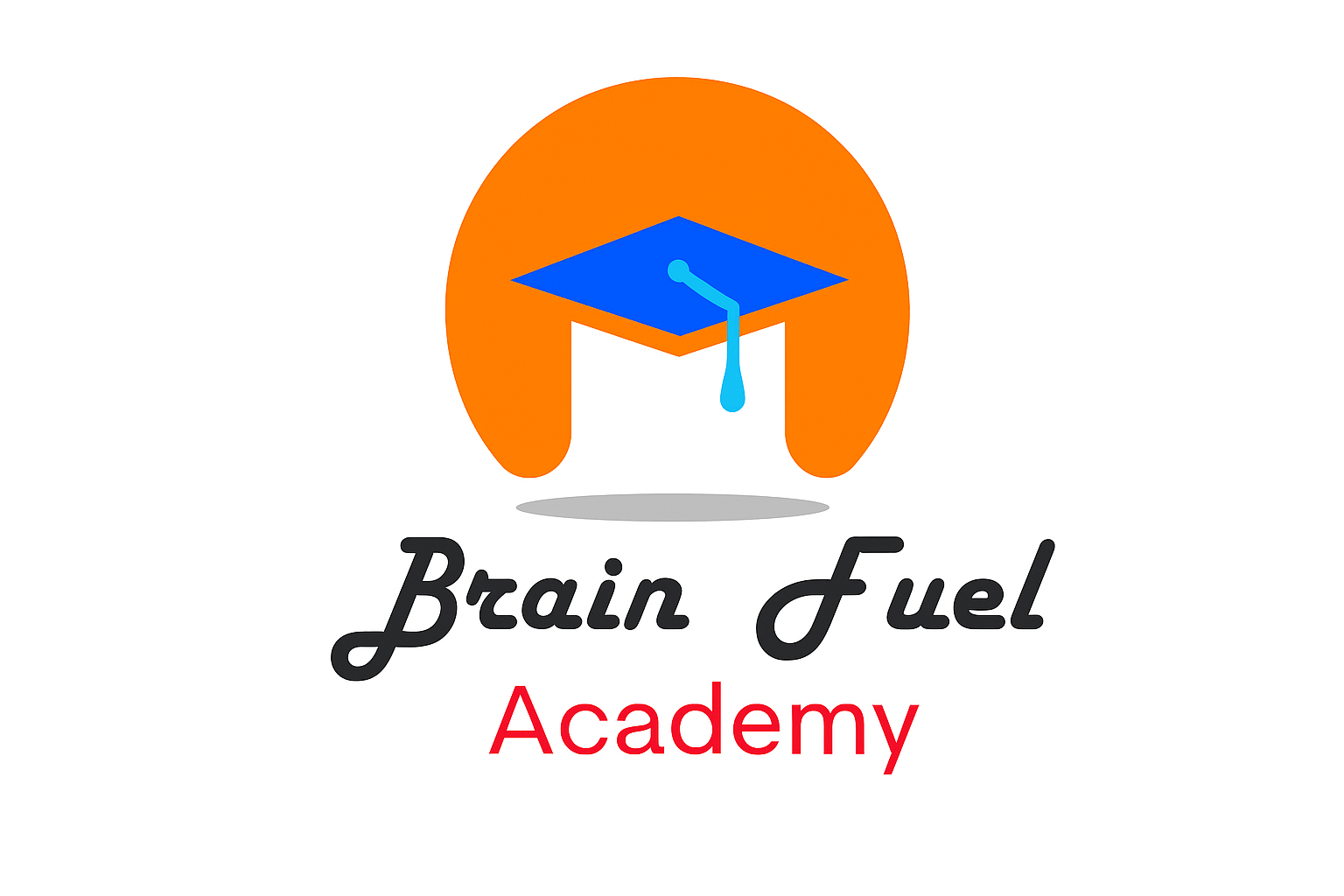Currently Empty: $0.00
An English Foundation Course is designed to accommodate different proficiency levels, from beginner to advanced. The core focus of these courses is to equip learners with a deep understanding of grammar, vocabulary, and pronunciation. The structure typically begins with foundational topics such as basic sentence structures, verb tenses, and common vocabulary. As the course progresses, more complex aspects of the language are introduced, such as conditionals, phrasal verbs, idioms, and advanced vocabulary.
The course often incorporates a balanced approach to developing all four core language skills:
-
Reading: Learners read a variety of texts, ranging from simple passages to more complex articles, essays, and books. The objective is not just to understand the text but also to analyze it, identify key ideas, and infer meaning. This skill is particularly important for academic and professional contexts, where comprehension of written material is essential.
-
Writing: Writing skills are honed through exercises that involve composing essays, reports, summaries, and formal letters. Students learn to structure their writing, use appropriate vocabulary, and convey ideas clearly. Writing is one of the most critical skills for academic success and professional communication.
-
Listening: The listening component of the course focuses on understanding spoken English in various contexts. This might involve listening to conversations, lectures, or audio recordings. Learners are trained to identify key information, infer meaning from tone and context, and improve their listening comprehension.
-
Speaking: Speaking exercises are designed to build confidence and fluency in verbal communication. Students participate in conversations, debates, presentations, and role-playing activities that allow them to practice pronunciation, intonation, and speaking in a variety of settings.
Benefits of an English Foundation Course
The primary benefit of taking an English Foundation Course is the enhancement of language skills in a structured manner. For individuals who are new to English or those who feel their language skills need improvement, such a course provides the necessary tools to advance their proficiency. In addition to language skills, these courses often focus on cultural awareness, which is important when learning a language as diverse as English, as it is spoken in many different regions with varied accents, dialects, and expressions.
Moreover, English Foundation Courses often prepare students for proficiency exams, such as the TOEFL or IELTS, which are required for university admissions or immigration purposes. These exams test a learner’s ability to use English in academic and real-life contexts, and preparing for them can provide added motivation for students.
In conclusion, an English Foundation Course in the English Language serves as a valuable starting point for anyone looking to improve their command of English. Whether for personal growth, academic achievement, or professional success, these courses provide essential knowledge and practice, making learners more confident and capable in using English in any context. Through consistent practice and guidance, students gain the tools needed to communicate effectively and navigate a world where English is a vital skill.


